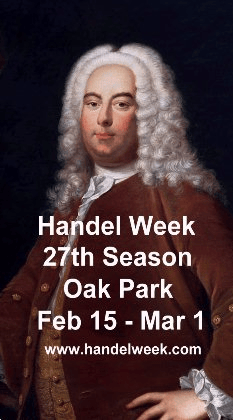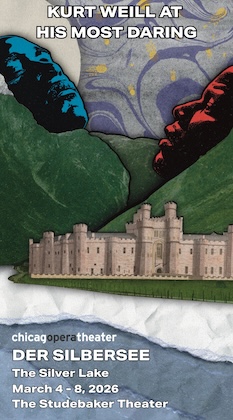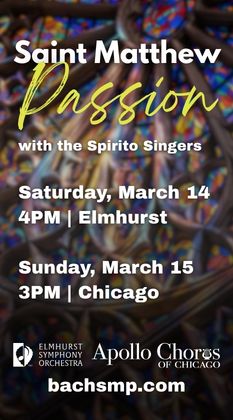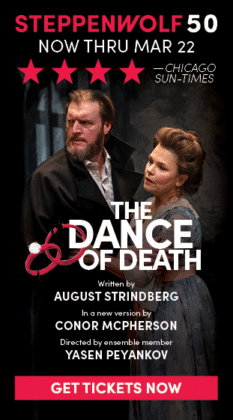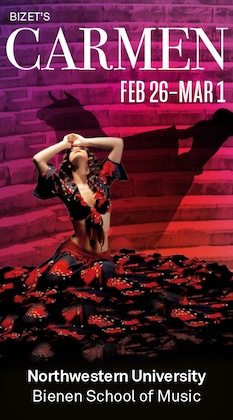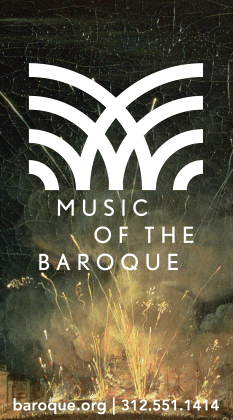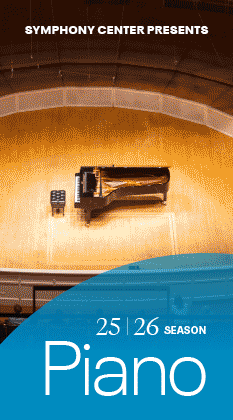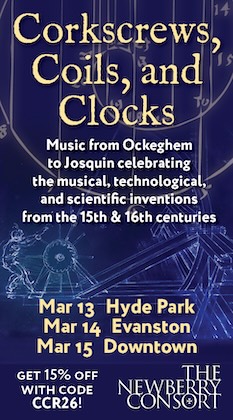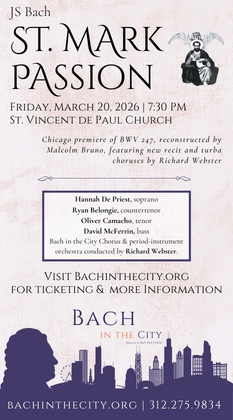CSO’s Christopher Martin scales the heights in Rouse’s rousing trumpet concerto
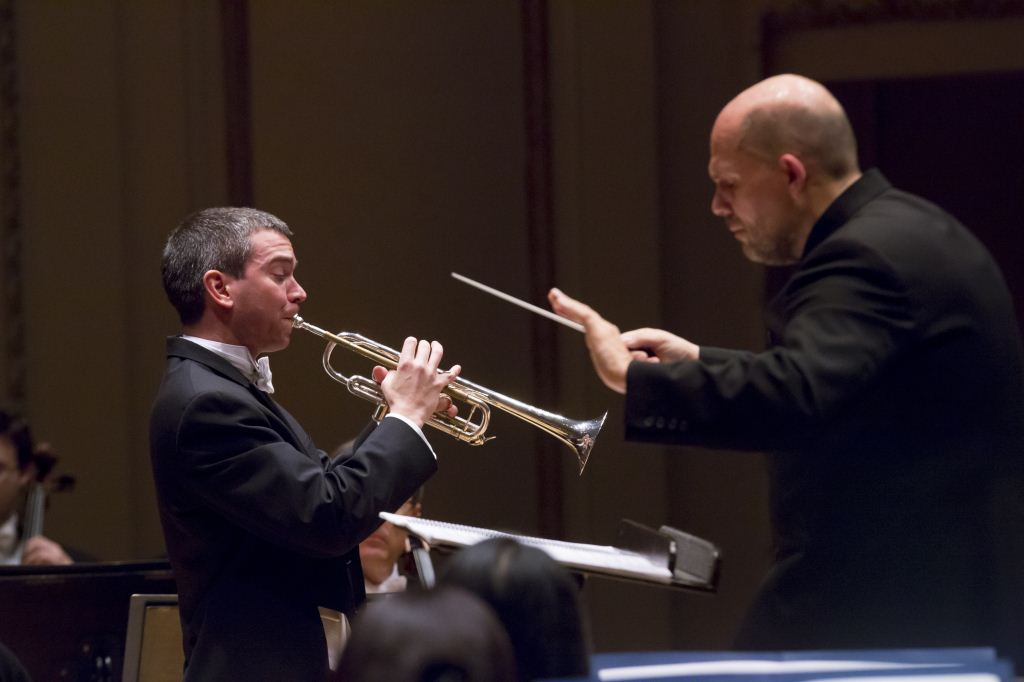
The Chicago Symphony Orchestra is a collective of virtuoso musicians, and Christopher Martin is among those who enjoy rock star status far beyond Michigan Avenue. Appointed principal trumpet by Daniel Barenboim in 2005, the Georgia native’s gleaming tone and firmly pointed yet expressively nuanced playing has provided innumerable memorable moments over his seven seasons in Chicago.
Martin is in the solo spotlight this weekend for the CSO’s final program of 2012, which presented the world premiere of Heimdall’s Trumpet by Christopher Rouse Thursday night at Symphony Center. The work was commissioned for Martin and the CSO by the Edward F. Schmidt Family Commissioning Fund.
Concertante works have long been a significant part of Rouse’s oeuvre, including his Violin Concerto, a Wagner-inspired percussion concerto, Der gerette Alberich, and his Clarinet Concerto premiered by Larry Combs and the CSO in 2001.
Count Heimdall’s Trumpet as another Rouse success. Not all of the American composer’s works for soloist and orchestra are outright display pieces but this trumpet concerto melds solo pyrotechnics against a dramatic symphonic tapestry in especially graceful and compelling fashion.
The title comes from the Norse god who calls heroes to the final battlefield, which will mark the end of the world. (Notwithstanding the Mayan calendar, that didn’t happen today.) That programmatic element comes near the end of the work, and there appears to be no obvious mythic connection elsewhere.
Cast in four connected movements and running about 22 minutes, Heimdall’s Trumpet opens with an angular fanfare for the soloist, which leads to a dialogue between solo trumpet and three muted orchestra trumpets, with the rest of the brass and winds soon joining the conversation. Sudden peppery orchestral outbursts ensue, leading to a ruminative cadenza for the soloist. This contrast continues throughout the movement with heaving chords erupting out of the restless symphonic pulsing, followed by an elegiac solo trumpet cadenza.
The second movement is a fleet, scampering scherzo with both the soloist and orchestra trumpets employing a variety of mutes. Chris Martin’s dexterity and whirlwind panache in this fast and quiet music was striking, not least his degree of highly terraced dynamics at a lightning tempo.
For all his considerable virtues as a composer, one doesn’t think of Rouse as a Romantic melodist yet the slow movement is among his most lyrical inspirations, a Largo launched with a rich Barber-like introduction for strings. A searching, intropsective solo passage leads to violent, agitated orchestral passages that seem to be quelled near the end of the movement into a benediction by the peaceful playing of the trumpet soloist.
The finale is launched by Heindall’s clarion call and provides for a roiling and tempestuous closer with edgy orchestral chords and increasingly complex, bravura writing for the soloist. The intensity is ratcheted up to a metallic percussion outburst, stratospheric solo flight and abrupt coda. (The score is marked “FREEZE!” at the end of the music, requesting that the soloist, conductor and orchestra members remain “absolutely motionless” for several seconds, which all did Thursday, the CSO string players still and holding their bows aloft like a painting.)
Even by his elevated standard, Chris Martin delivered a towering tour de force performance in Thursday’s world premiere. The solo challenges and technical landmines are many in a score that exploits the instrument’s full range of notes, and the CSO’s principal trumpet surmounted them all with expressive subtlety, astounding agility, and bold tempered tone.
Heimdall’s Trumpet is among the finest of Rouse’s works. Spiced with the composer’s usual ear for percussive coloring and rhythmic insistence, and scored with characteristic ingenuity and audacity with plenty of opportunities for the soloist, this work should find a wide audience (for those hardy trumpeters who can handle its tortuous demands). Conductor Jaap van Zweden and Martin’s CSO colleagues delivered equally high-octane support—especially his section colleagues who are kept busy switching between regular and bass trumpets—and soloist, conductor, and composer were all warmly applauded Thursday night.
Tchaikovsky’s Manfred Symphony is his only programmatic work in the genre and had never earned the popularity of his numbered symphonies. Inspired by Byron’s quasi-autobiographical dramatic poem, Manfred was written between Tchaikovsky’s Fourth and Fifth symphonies. At nearly an hour, it is the longest of the composer’s symphonies and calls for the largest orchestral resources.
Tchaikovsky brings some structural coherence to this sprawling work with his thematic unity, and the composer’s dark-hued scoring and melodic gift are evident, though in more fitful glimpses here. Ultimately, Manfred hovers
uneasily between symphonic form and a kind of epic four-part tone poem, with a lumbering finale that is not among Tchaikovsky’s finest moments.
Van Zweden drew lustrous string playing and knife-edged dramatic tension in the outer movements with his distinctive brand of tightly coiled volatility. But the most worthy moments in this uneven score come in the more lightly scored and evocative middle movements, which, well played as they were, failed to really make an impact. The Dutch conductor’s brand of nervous intensity was far too emphatic and ill-suited to the Scherzo’s picturesque nature painting and gently pastoral Andante.
Overall, Thursday’s performance seemed like a work in progress, with the episodic final movement feeling even more interminable than usual. Michael Tilson Thomas made a stronger and more convincing case for Tchaikovsky’s problematic Manfred symphony at the CSO’s last performance 29 years ago. And why in the world use the interventionist Svetlanov edition of the score, with its excising of the climactic organ part? (Riccardo Muti’s superb Philharmonia recording [EMI/Angel] showed how grand and effective that moment can be.)
The evening began with Shostakovich’s Festive Overture, in its belated CSO subscription debut. The rousing six-minute curtain-raiser may not be among the Russian composer’s greatest works but surely it is his happiest and most sheerly lovable, and van Zweden and the CSO delivered a fast, brilliant and exhilarating ride.
The program will be repeated 1:30 p.m. Friday and 8 p.m. Saturday. cso.org; 312-294-3000.
Posted in Uncategorized
